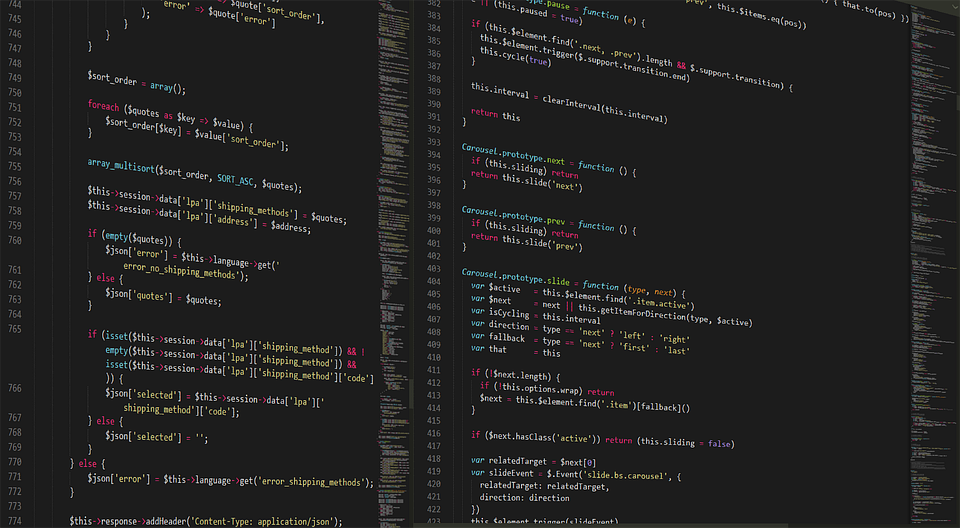Introduction
Artificial Intelligence (AI) is no longer the stuff of science fiction – it is rapidly becoming an integral part of our daily lives, transforming the way we work, communicate, and interact with the world around us. From self-driving cars and virtual assistants to automated customer service and predictive analytics, AI is revolutionizing industries across the board. In this article, we will explore the rise of artificial intelligence and its transformative impact on various sectors, from healthcare and finance to manufacturing and transportation.
Understanding Artificial Intelligence
Artificial Intelligence refers to the simulation of human intelligence processes by machines, especially computer systems. This includes learning, reasoning, problem solving, perception, and language understanding. AI technologies such as machine learning, natural language processing, and computer vision are enabling systems to perform tasks that previously required human intelligence. This has led to the development of advanced algorithms and models that can analyze vast amounts of data, recognize patterns, and make predictions with incredible accuracy.
The Impact on Healthcare
In healthcare, AI is revolutionizing the way medical professionals diagnose diseases, develop treatment plans, and improve patient outcomes. AI-powered diagnostics and imaging tools can analyze medical images, identify anomalies, and assist in early detection of diseases such as cancer. Additionally, AI is being used to personalize treatment regimens, predict patient risks, and improve operational efficiency in healthcare facilities.
Transforming Finance and Banking
The finance and banking industry has embraced AI to streamline processes, detect fraud, and enhance customer experiences. AI-powered chatbots and virtual assistants are revolutionizing customer service, providing personalized support and guidance to users. Furthermore, AI algorithms are being utilized for risk assessment, investment strategies, and fraud detection, enabling financial institutions to make more informed and efficient decisions.
Automation in Manufacturing and Transportation
AI has significantly impacted the manufacturing and transportation sectors by enabling automation, predictive maintenance, and autonomous operations. In manufacturing, AI-powered robots and machines are revolutionizing production lines, improving efficiency, and reducing errors. On the other hand, in transportation, AI is driving the development of self-driving vehicles, optimizing logistics, and enhancing safety on the roads.
Challenges and Opportunities
While AI presents numerous opportunities for innovation and advancement, it also comes with its own set of challenges. This includes concerns about job displacement, ethical considerations, and data privacy issues. It is essential for organizations and policymakers to address these challenges and ensure that AI technologies are developed and deployed responsibly. Additionally, AI presents opportunities for economic growth, improved productivity, and enhanced quality of life, making it a critical area of focus for the future.
FAQs
Q: Is AI going to replace human jobs?
A: While AI may automate certain tasks, it is unlikely to replace human jobs entirely. Instead, AI is poised to augment human capabilities, creating new opportunities for collaboration and creativity.
Q: What are the ethical considerations surrounding AI?
A: Ethical considerations in AI include issues such as bias in algorithms, privacy concerns, and the impact on society. It is important for developers and organizations to address these ethical considerations when designing and deploying AI systems.
Q: How can AI benefit society as a whole?
A: AI has the potential to improve healthcare outcomes, enhance productivity, reduce environmental impact, and drive economic growth. By leveraging AI technologies responsibly, societies can benefit from these advancements in numerous ways.
Conclusion
The rise of artificial intelligence is reshaping industries and redefining the way we live and work. From healthcare and finance to manufacturing and transportation, AI is driving innovation and creating new opportunities for growth and development. As AI continues to evolve, it is crucial to harness its potential while addressing the associated challenges to ensure a future where AI serves the greater good. The transformative impact of AI is undeniable, and as we navigate this new era, it is essential to approach it with mindfulness and responsibility.
















